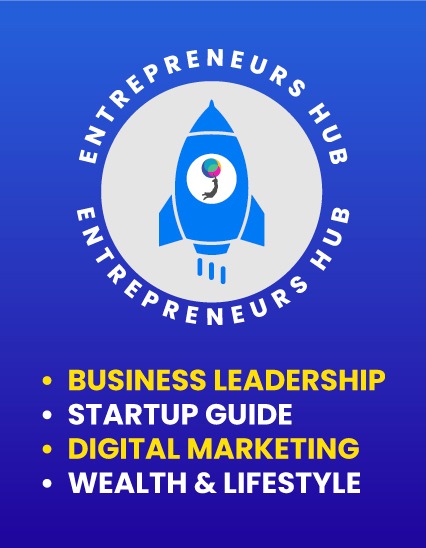Finding Harmony Between Passion and Profit

Excerpt from bobbi rebell’s book, embracing Your financial path.
My Path to Financial Discovery
From my early fascination with bass fishing to envisioning a custom lure business in sixth grade, I meticulously calculated the costs involved. However, the startup expenses and the scale of sales needed for profitability were daunting. My alternative? Becoming a soccer referee for some extra income.
Sharing My Valuable Insight
Remarkable businesses begin with passionate entrepreneurs, but success hinges on a well-structured, ambitious-yet-realistic business plan.
Balancing Dreams and Dollars
Charles Best makes a compelling argument, aligning with Cynthia Rowley’s business ethos. We all yearn to pursue our passions and monetize our talents or hobbies. But market demand doesn’t always align with financial rewards. Differentiating between a passion as a hobby and one that offers financial stability is vital.
Scrutinizing the Myths
We’ve grown accustomed to the narrative of individuals leaving high-stress corporate jobs for more artistic and enjoyable pursuits, like cupcake baking, craft brewing, or farming. However, this often omits key details.
These career changers typically have significant financial cushions from their previous careers and the resources to pursue their dreams. The reality is long hours and unrelenting commitment.
Realism is Key
Starting your own venture can be rewarding, but, as Charles Best emphasizes, it demands meticulous research and grounding in reality. Whether it’s crafting custom lures or transforming a family recipe into a thriving business, approach it methodically and with awareness.
Securing Adequate Capital
Serial entrepreneur Shari Schneider’s experience serves as a cautionary tale. Early success with wine bars led to expansion plans. However, unforeseen delays and escalating costs led to financial strain, resulting in closure.
When embarking on a business journey, ensure your capital reserves far exceed initial estimates, considering both low initial revenue and high costs.
Moreover, identify a clear market need. Pioneering a niche, as seen with Betterment CEO Jon Stein’s robo-advisory service, can drive early success.


















